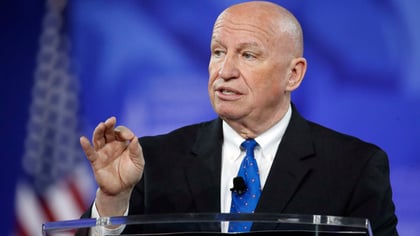The House Ways and Means Committee passed late Thursday Republicans’ Tax Reform 2.0 package of three bills that lock in recent cuts and include retirement planning provisions that are part of the bipartisan Retirement Enhancement and Savings Act (RESA).
Meanwhile, lawmakers also agreed Thursday to a budget bill that will prevent an Oct. 1 government shutdown.
Committee passage of the tax measure — which includes The Protecting Family and Small Business Tax Cuts Act, H.R. 6760; The Family Savings Act of 2018, H.R. 6757; and The American Innovation Act of 2018, H.R. 6756 — is “only the first step in the legislative process,” said Ways and Means Chairman Kevin Brady, R-Texas, after the vote. “We will continue to listen to members of the House and work to improve Tax Reform 2.0 at every opportunity as we advance these common-sense measures to the House floor.”
The full House is expected to approve the measure later this month. However, industry officials see Senate passage as unlikely.
“We still think there’s no chance of passage in the Senate, which probably won’t even consider the bill,” said Greg Valliere, chief global strategist for Horizon Investments, in his Capitol Notes briefing on Friday.
Why are Republicans still pushing for it? “They expect Democrats to take the House this fall, and they want the record to show — as a recession inevitably looms at some point in the next decade — that they have a cure, while Democrats want a de facto tax hike,” Valliere says.
During the markup of the tax package on Thursday, Rep. Bill Pascrell, D-N.J., introduced an amendment to fully restore the state and local tax deduction and finance the change by raising the corporate tax rate. However, the amendment did not make it into the package.
Kyle Pomerleau, the Tax Foundation’s director of quantitative analysis, said Thursday in a note that new analysis from the group shows that “such a swap would harm the economy and would be regressive, raising taxes on the bottom 90% of taxpayers.”









 September 14, 2018 at 10:21 AM
September 14, 2018 at 10:21 AM











